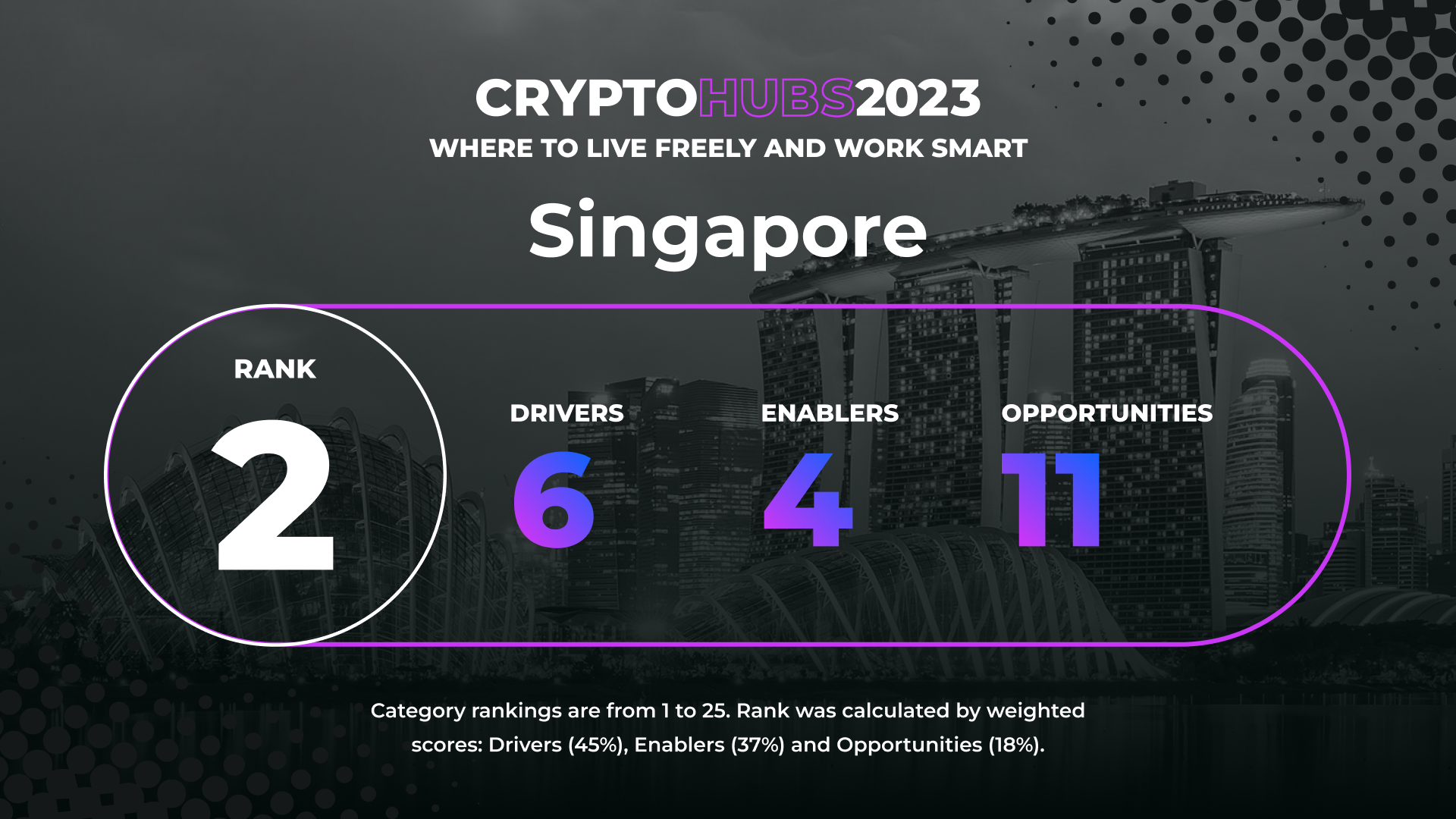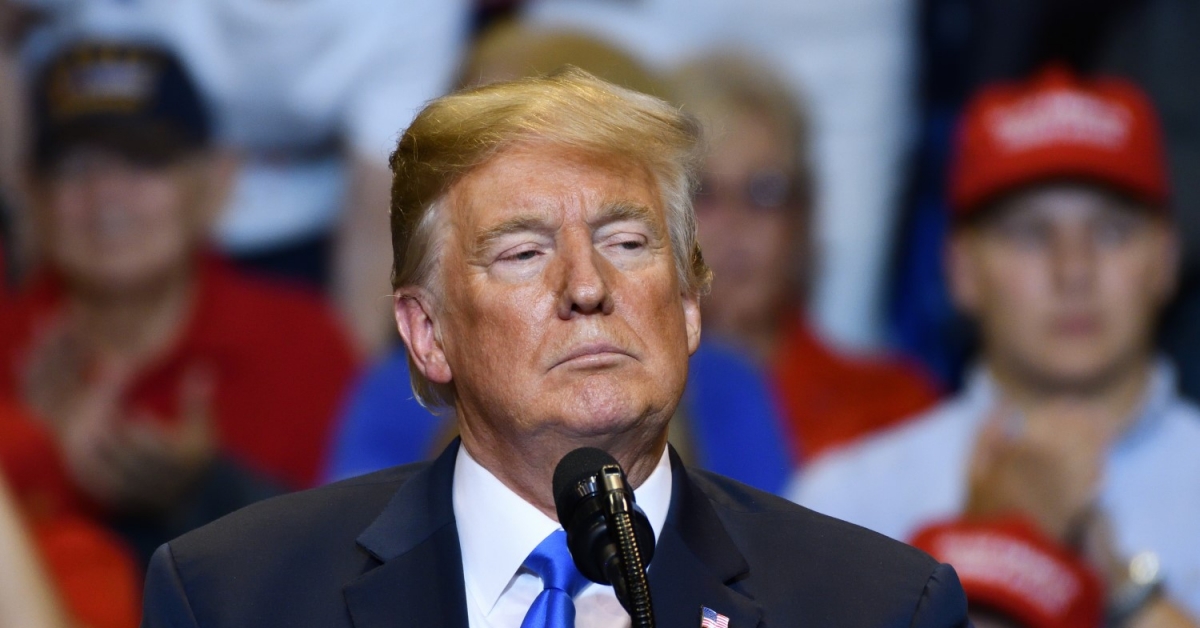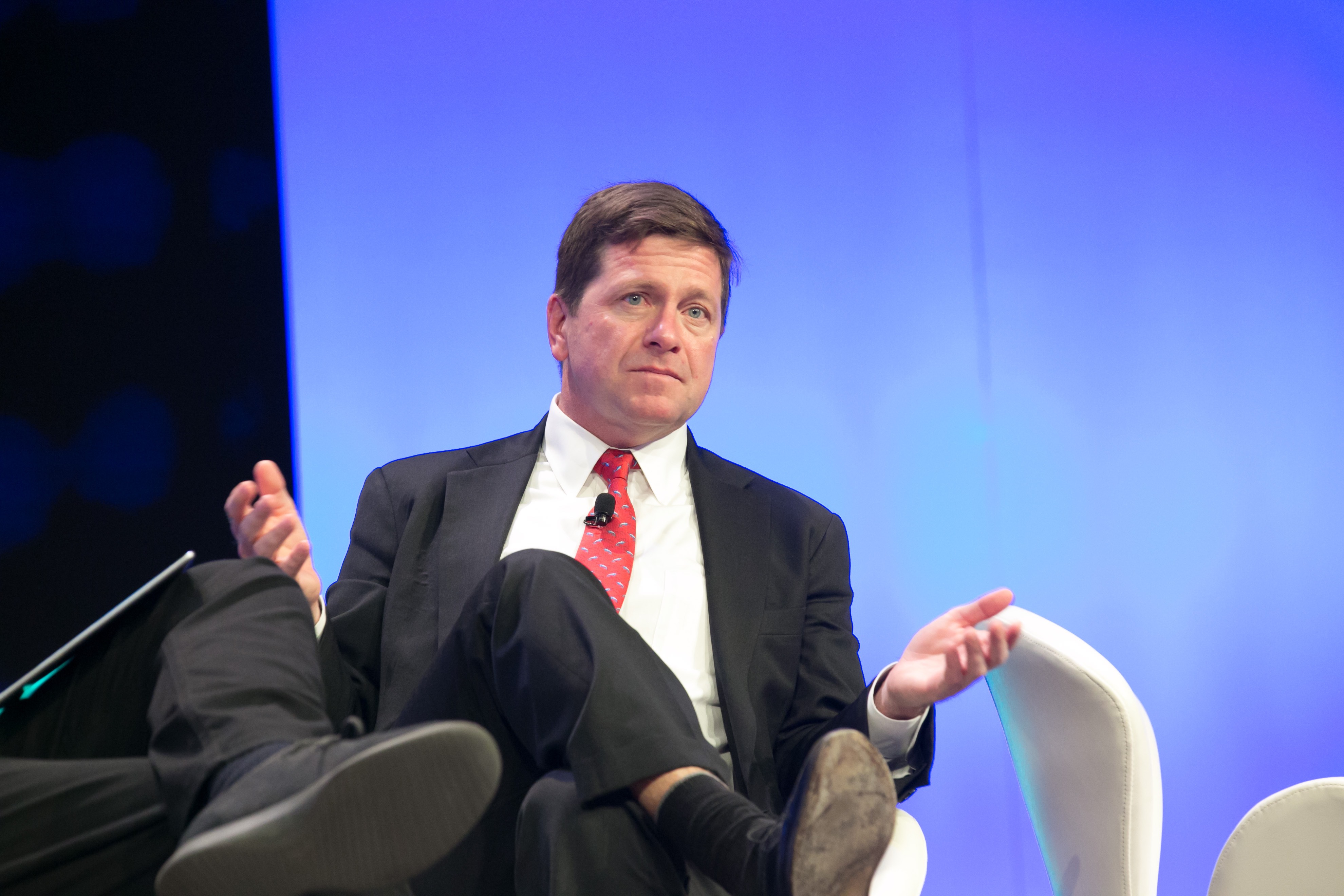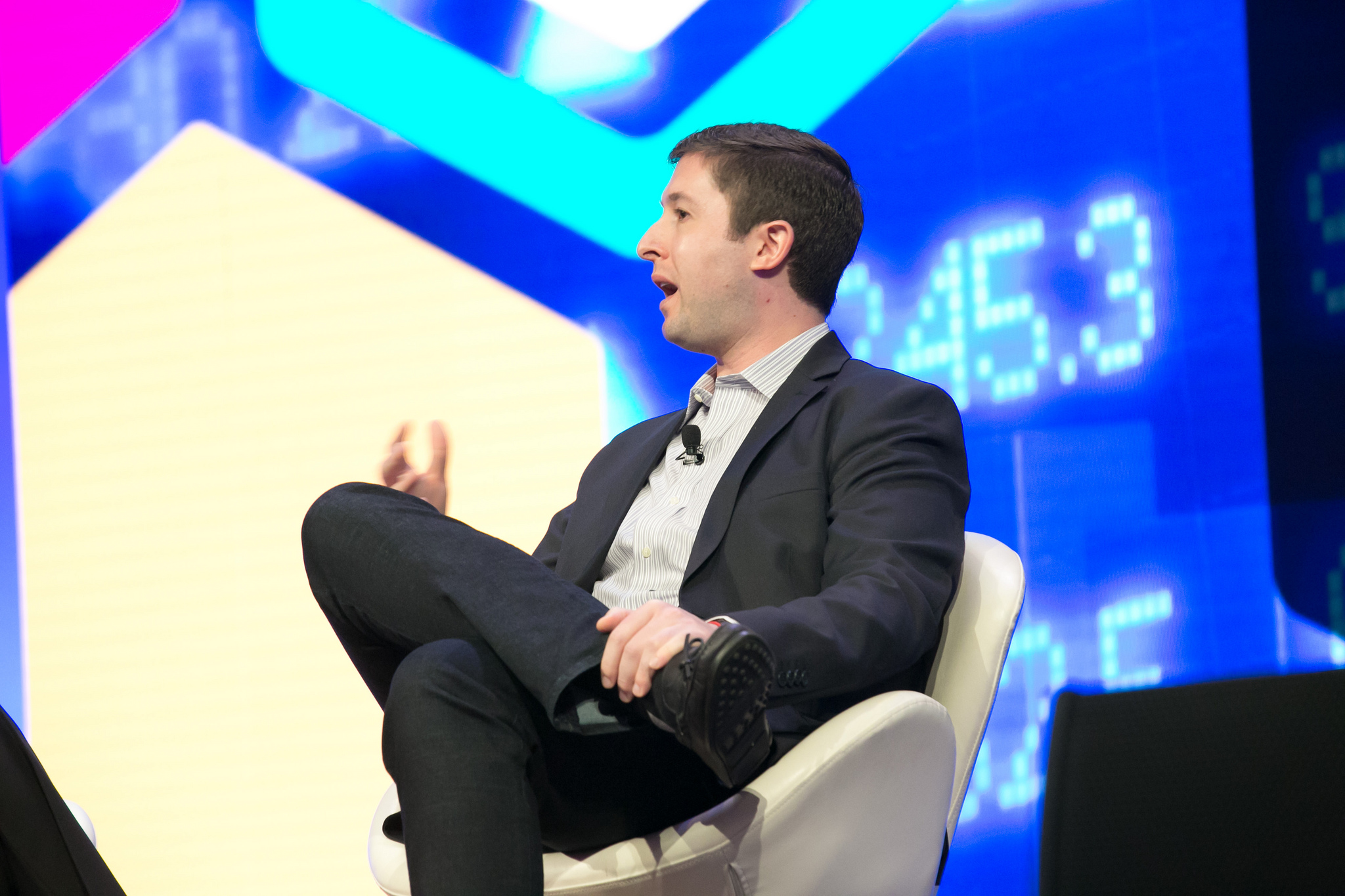Singapore: The Center of Asian Crypto Wealth Is Ready for a Reset
Known for governmental efficiency, the city-state of Singapore scored highest overall for the three measures it could control: regulatory structure (35% of the total score and included in the drivers category), digital infrastructure (12%) and ease of doing business (10%), which are both part of the enablers category. That was enough to be firmly ensconced in second place despite middling scores for quality of life – due to a very high cost of living – and per-capita crypto jobs, companies and events, which comprise the opportunities category.

Despite the crypto industry’s well-earned reputation as the Wild West, crypto founders tend to prioritize predictability and clear regulations when shopping for a place to incorporate. That’s why the well-regulated, efficiently governed city-state of Singapore hosts the headquarters or satellites of some of the biggest brands in crypto, including Binance, Coinbase and Crypto.com. But after the spectacular failures of its homegrown darlings Terraform Labs and Three Arrows Capital plunged the ecosystem into Crypto Winter, Singapore’s crypto community is licking its wounds – and beginning to look to the future.
Singapore still has a strong reputation: it received the most mentions for best crypto hub in a select CoinDesk survey sent to about three dozen globetrotting crypto professionals this spring. The Red Dot has all the ingredients of a strong crypto hub, with the highest rating in the world for digital infrastructure (as measured by the Tufts/Fletcher Digital Evolution Index) and second-highest ranking in the World Bank’s Ease of Doing Business index.
It is the most competitive fintech hub in the Asia Pacific region, according to the 2023 Global Financial Centres Index, edging out Hong Kong, and a regulatory leader for crypto. In 2020, the Monetary Authority of Singapore (MAS) passed the Payment Services License Act. “There were all these companies that were all rushing to Singapore to apply for the license because it was actually the first regulator in the region that had a proper digital-assets licensing framework,” said Pamela Lee, head of APAC sales at Talos, developer of institutional-grade technology for digital-asset trading.
Prakash Somosundram, founder of Enjinstarter, a blockchain-based crowdfunding platform for early crypto projects, described having had a “front row seat” to the Singaporean crypto scene since 2015. “In the early days, when it came to crypto, from a regulatory perspective, it was very pro. So this is where a lot of crypto influencers moved their capital,” Somosundram said. And with no capital gains tax, “It is an ideal place for the crypto affluent to actually come here.”
A highly educated workforce and institutional fintech know-how have been a potent mix for Singapore. Among the first initial coin offerings (ICO) were Singaporean startups such as cryptocurrency payment platform TenX, which raised $43 million in just seven minutes in 2017. That year, Singapore even surpassed the U.S. with $1.5 billion versus $1.2 billion in ICO funding, an astounding amount for a locale that is roughly the landmass of New York City, with just two-thirds of the population.
Until the current Crypto Winter, Singapore was a magnet for a stereotypically brash strain of crypto celebrity culture and lifestyle. That world centered on the wealthy enclave of Sentosa Island, which Somosundram calls “Crypto Island.“ Sentosa is the only place in the city-state where foreigners can own property, and wealthy expats have flooded in. Sentosa’s inhabitants have included Chengpeng “CZ” Zhao, founder and CEO of Binance, and crypto thought leader and U.S. investor Balaji Srinivasan. Back then, crypto meetups, conferences and events were held in villas or even on yachts, Somosundram said.
Sooner than later, CZ and Balaji moved on, though. Zhuling Chen, founder and CEO of staking access startup RockX, his second crypto startup in Singapore, said that his view of the local crypto community is decidedly different from a luxury island for conspicuous billionaires. He describes a racially and gender diverse community, one that has diversified its cryptocurrency ecosystem as well. In addition to the ICOs, “Singapore had one of the earliest Ethereum communities,” he said. “When you go to NEAR meetups, or Solana, you see different people at each. There’s a strong fanbase” for a lot of different token projects.
The residents of Singapore come from around the world, with roughly 30% of the population non-citizens, or expats. “Singapore’s years of being a fintech hub attracted talent from all over the Asia-Pacific region,” Chen said. “We find it’s reasonably attractive to find good talent here.” Indeed, Chen said his 40 employees represent eight different nationalities.
“We don’t want to be seen as crypto bros,” said Lee, who is on the Women in Blockchain committee of the Blockchain Association of Singapore. “I don’t think that that’s the mindset that Singapore really wants to build. What we want to be is a fintech hub that has a very innovative environment for people to collaborate and grow together.”
As Singapore resets itself, both the MAS and crypto investors are a little more wary than before. The government-owned conglomerate and VC, Temasek Holdings, reportedly wrote off $200 million in losses to Sam Bankman-Fried’s now-defunct FTX. While Chen said Singapore is maintaining its commitment in terms of promoting blockchain, he acknowledges that there is tightening on the banking side, with more attention paid to know-your-customer and anti-money-laundering measures. The cautious posture may drive the crypto affluent to move to Dubai and Hong Kong, said Somosundram, where recent pro-crypto regulations are attracting companies and VC funding.
He said he is moving his Enjinstarter’s tokens from an offshore entity to Dubai and has applied for the first phase of the startup’s license there. “We are losing our lunch to Hong Kong and Dubai,” Somosundram said. Both Chen and Lee say that although momentum may be moving toward Dubai and Hong Kong as hot spots, Singapore is not losing ground to them.
“Because of how comfortable we are in Singapore, it’s actually not so easy to move an entire business that has been set up here, to Hong Kong,” Lee said. “You would rather just stay here and set up a smaller office somewhere else.”
In any case, Singapore is wildly better-positioned in the crypto regulatory space than the world’s top financial hub, New York City. Earlier this month, Cameron and Tyler Winklevoss, co-founders of crypto exchange Gemini, announced that it would increase the headcount of its Singapore outpost to over 100, compared to a reported 500 employees worldwide at present.
“Our Singapore office will serve as a hub for our larger APAC operations,” Gemini stated in a blog post. “We believe that APAC will be a great driver of the next wave of growth for crypto and Gemini.”
Edited by David Z. Morris.









